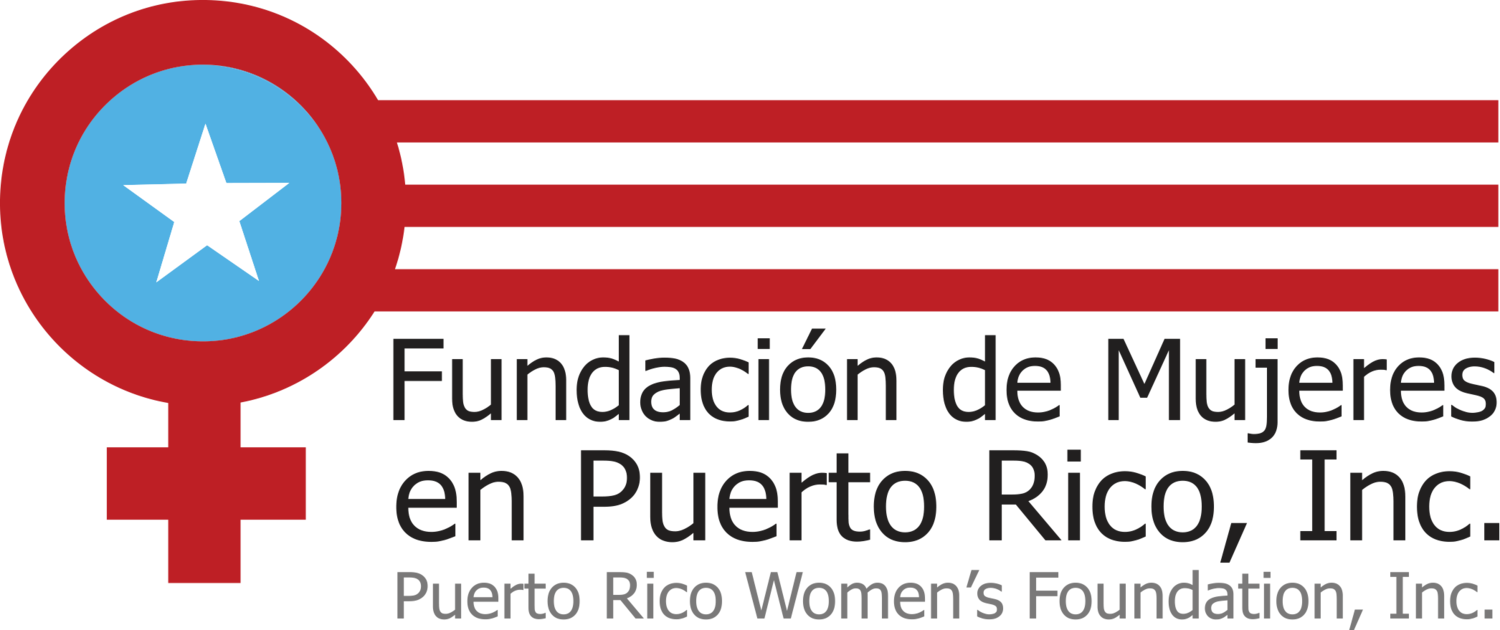About the Author: Mujeres de Islas, Inc. is a community-led, nonprofit organization founded in 2010 by twelve women from Culebra with a shared vision of fostering sustainable development on the island. Guided by a mission to identify resources, strengthen community initiatives, and create transformative educational and environmental projects, the organization operates under the pillars of peace, cultural identity, sustainability, and transformative education. With a small dedicated staff and support from volunteers, Mujeres de Islas delivers programs such as food security workshops, entrepreneurship training, arts and crafts education, and affordable housing advocacy—demonstrating an ongoing commitment to the emotional, cultural, environmental, and socioeconomic well‑being of Culebra’s residents
In honor of our colleague Diane Simared,
nurse, midwife and Culebra’s sister.
In 2010, a group of women came together in Culebra to plant the seeds of our dreams, united in the commitment that each one of us owned her dream, while the rest of us would form part of an interdependent network of mutual support.
One of the dreams we nurtured was the creation of spaces and tools for reproductive justice in Culebra. Fifteen years later, that group of women—known today as the non-profit organization Mujeres de Islas—recently published the first reproductive justice guide in the archipelago covering all reproductive health stages.
Nuestra Guía de Justicia Reproductiva de Boriquén was born out of a need identified directly by our communities in Culebra. In particular, a need for young people to have access to essential information on reproductive and sexual health. Through our Bienestar Colectivo circles, our program manager, Alexandria Rodriguez, began to hear diverse youth express not only a concern to better understand their reproductive health, but also a lack of knowledge about it, including, in some instances, a limited understanding of what constitutes incest.
This is partly the result of an ecosystem where reproductive health needs have not been addressed. For example, Culebra does not have prenatal care services, and residents must obtain contraceptives at the same location where the rest of the community shops. This poses a challenge to ensuring reproductive justice for its residents. Because of this, many young people in our community contributed directly to the development of each of the sections, as they were interested in learning more about specific issues that were close to their hearts. In this way, the themes of the guide emerge from the stories shared through conversations with Culebra’s communities and resonate with the experiences of many people around the archipelago.
The process of creating the guide involved combining these stories and experiences with the expertise of professionals in the various topics covered. This effort led to collaboration with Loretta Ross, one of the pioneers in the creation of the term reproductive justice. We also collaborated with specialists across various fields, including mental health, perinatal care, sexual health, menstruation, postpartum care, abortion, breastfeeding, menopause, and LGBTQ+, among others.
The guide even covers aspects of a highly overlooked topic, such as artificial insemination, which impacts many families and people who can reproduce. It discusses and proposes that access to fertility treatment is a human right, and therefore, there must be public policy that addresses access to assisted reproduction. One of the most important aspects of our guide is that it is accessible to anyone, at any stage of their reproductive health. Each section focuses on a specific topic, so individuals can easily navigate to the information they need.
After much effort and enthusiasm from all of our collaborators, we presented Nuestra Guía de Justicia Reproductiva de Boriquén on April 2nd. Loretta Ross was present and, as part of her message, she emphasized the importance of “calling in” instead of “calling out” to emphasize the importance of mobilizing others in solidarity with our causes and struggles. We also distributed copies of our guide to all the collaborators and storytellers who contributed to its creation.
In the coming months, we plan to share the guide through different municipal spaces. Additionally, we are interested in developing a discussion guide to foster community spaces for the knowledge exchange across the archipelago. We know that feminist philanthropy is the only way to create tools like this and to reach populations that remain institutionally marginalized so that they have access to this type of information.
We are proud that Nuestra Guía de Justicia Reproductiva de Boriquén brings forward ideas that, in our archipelago, are still considered unspeakable, especially in collective spaces. In this way, we continue to harvest the dreams born from the seeds planted by the Mujeres de Islas who set our organization in motion in 2010.
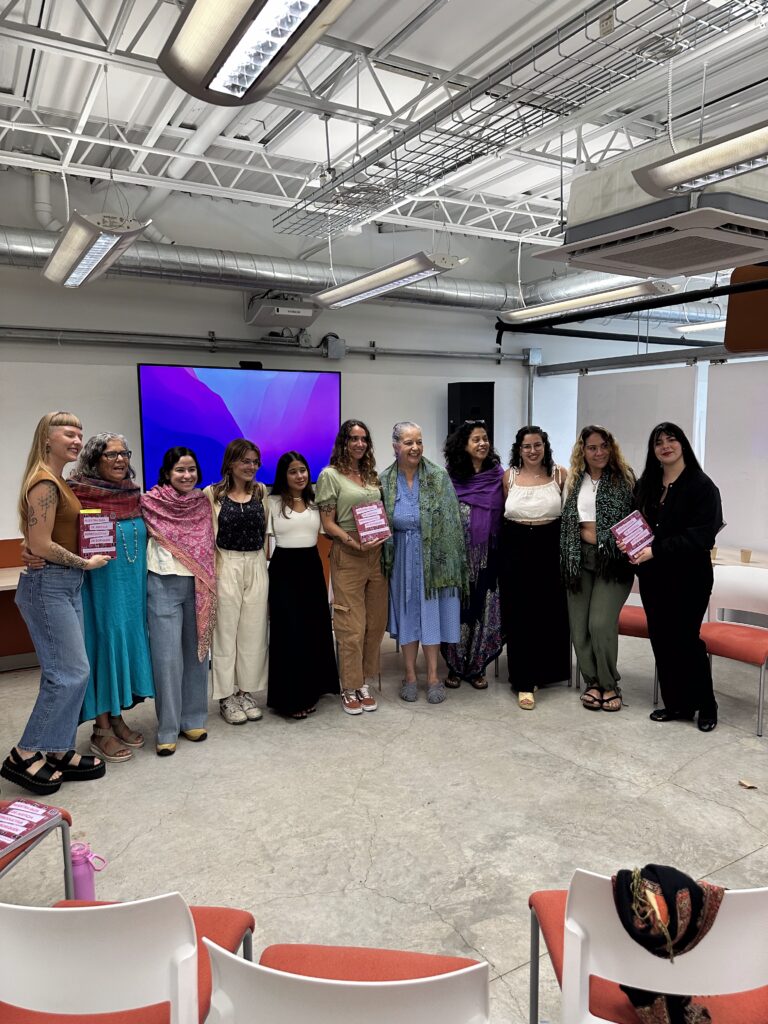
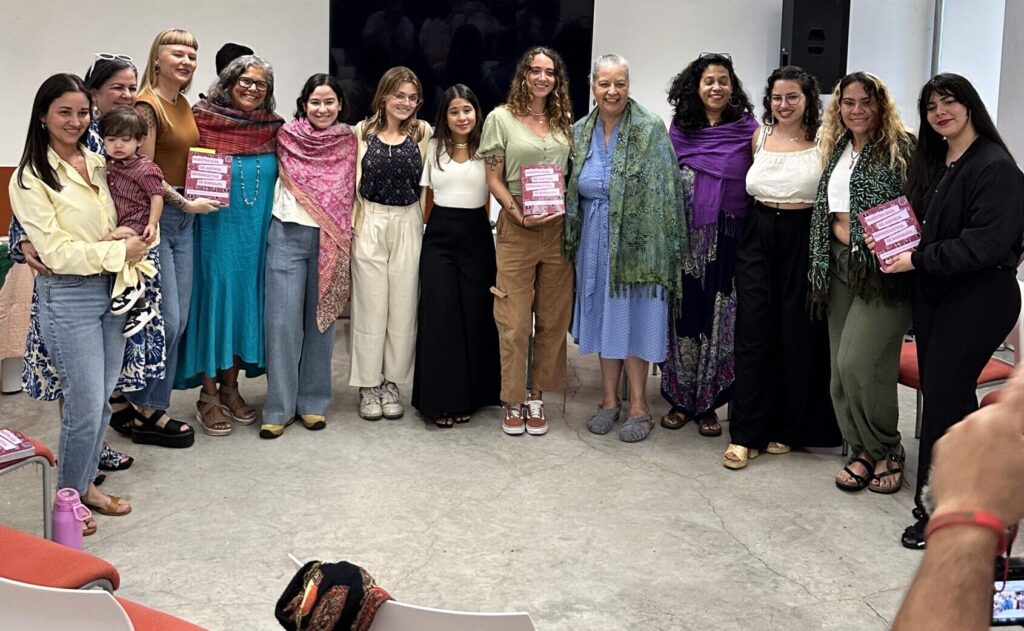
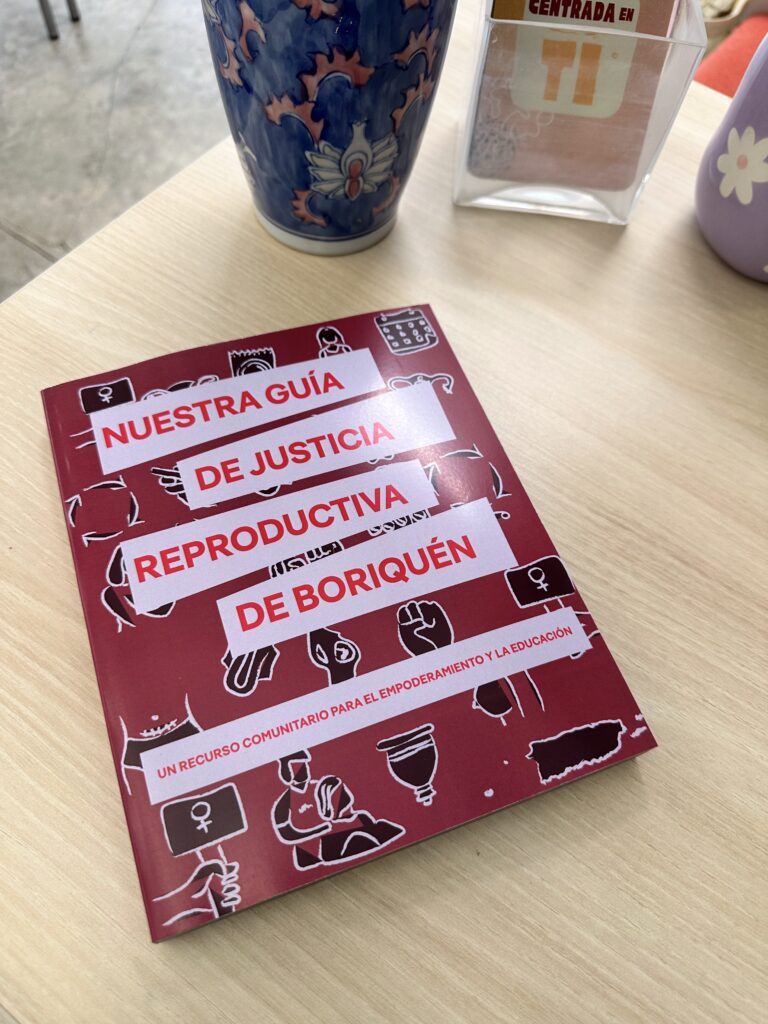
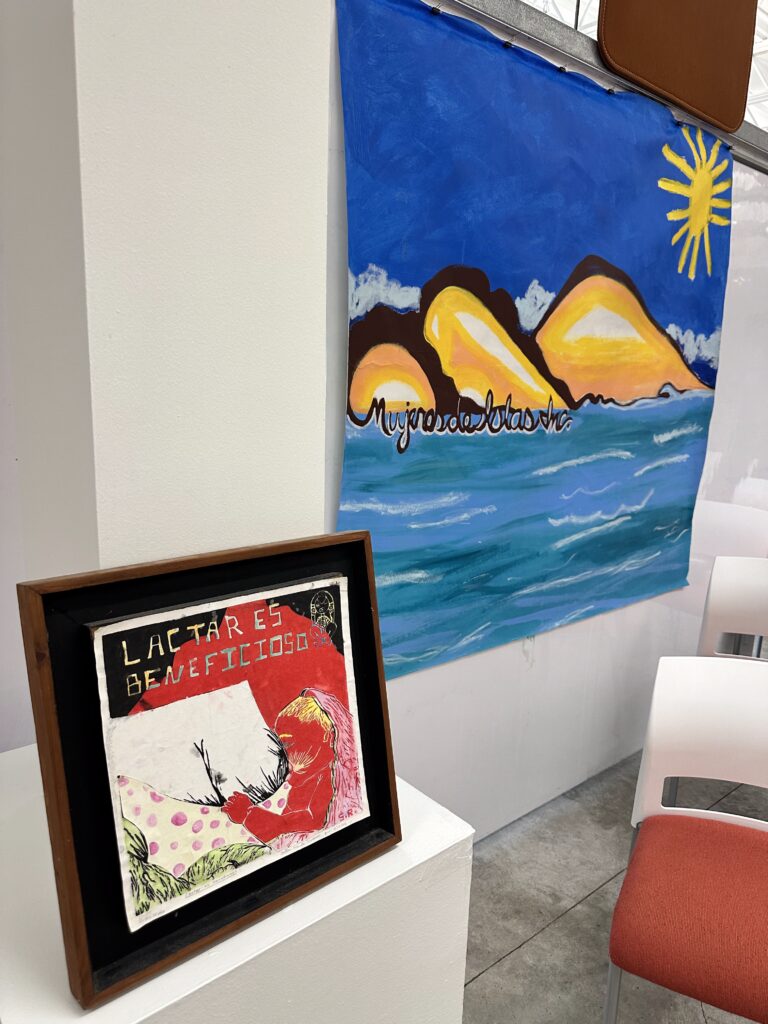
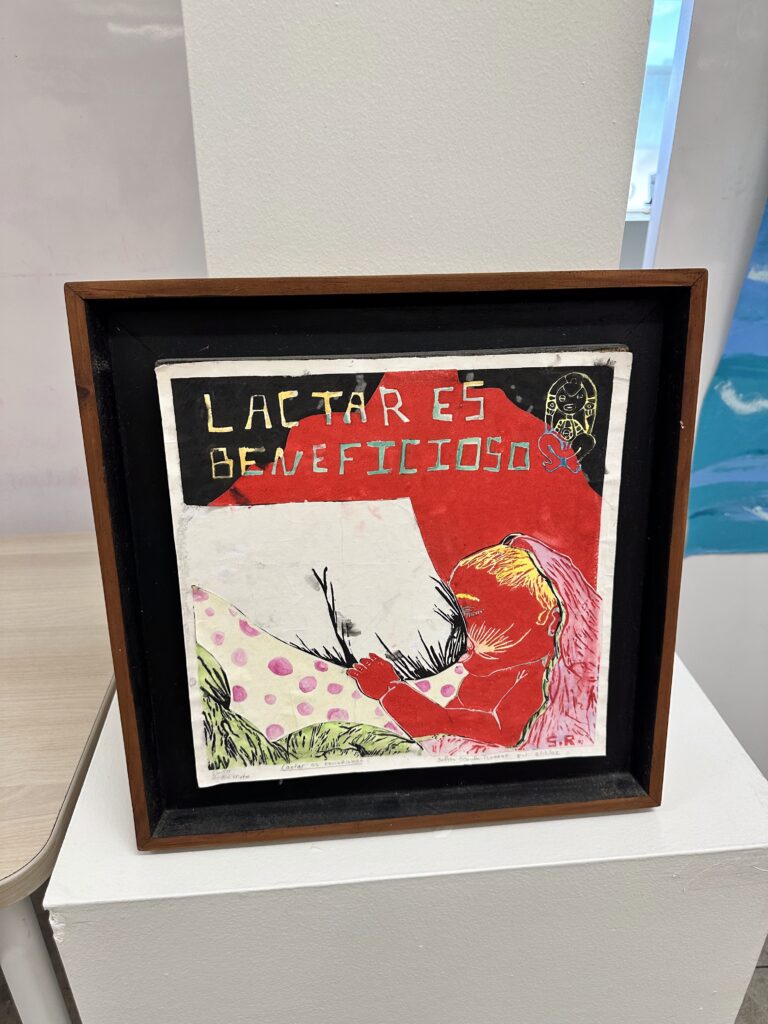

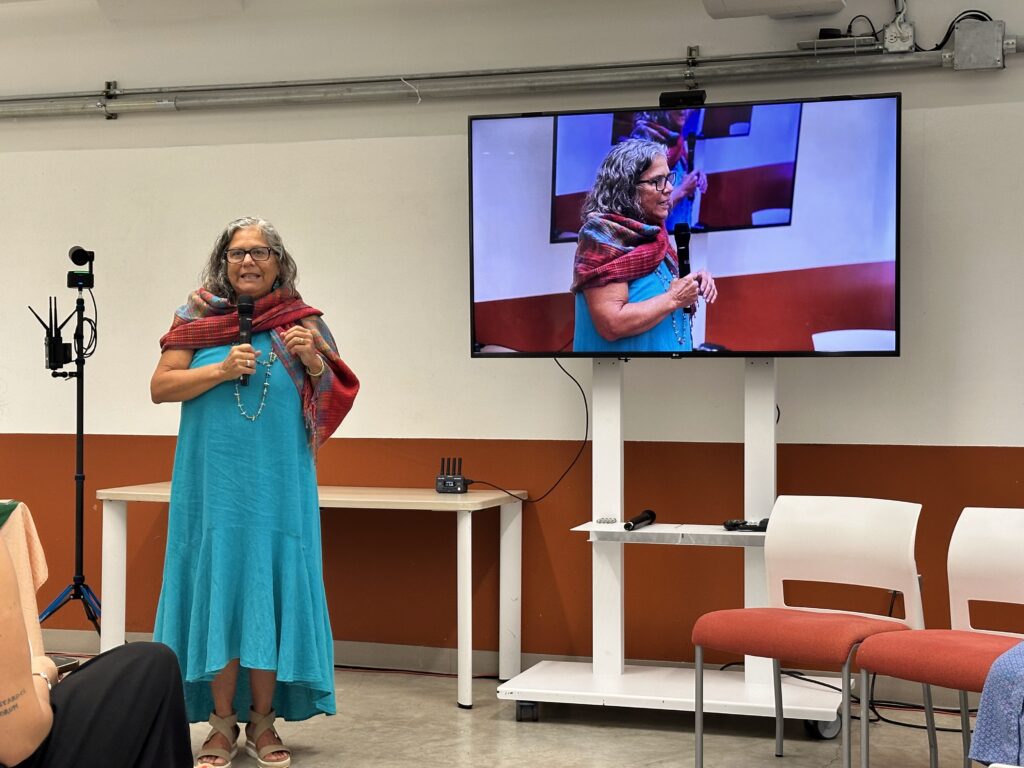
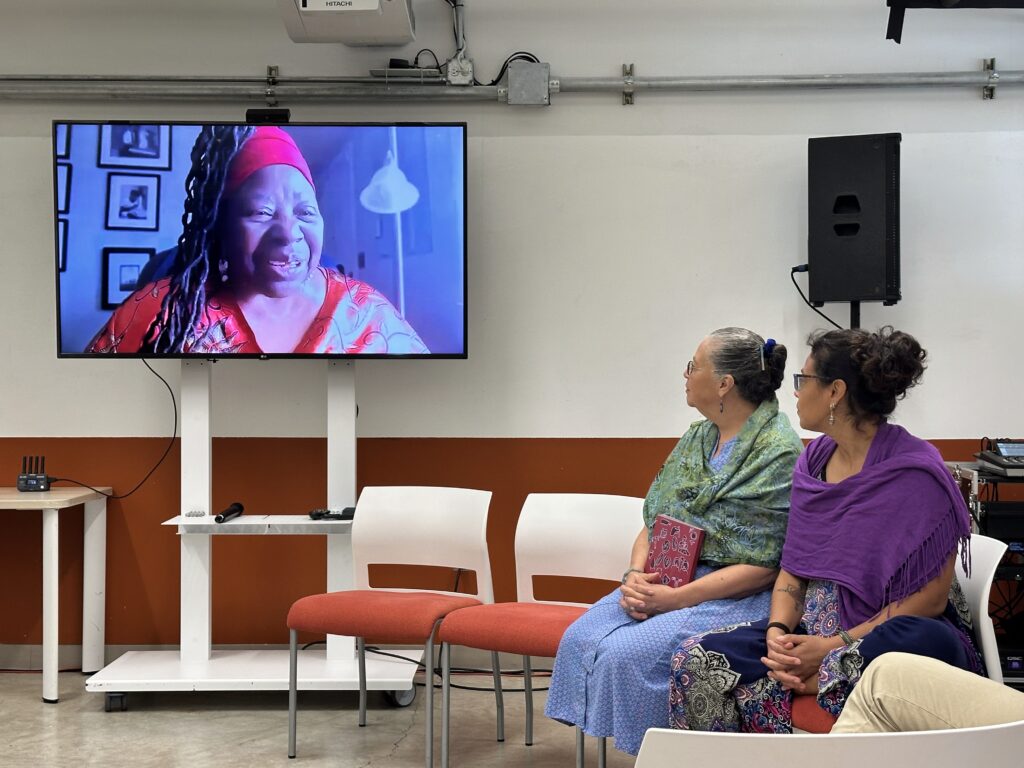
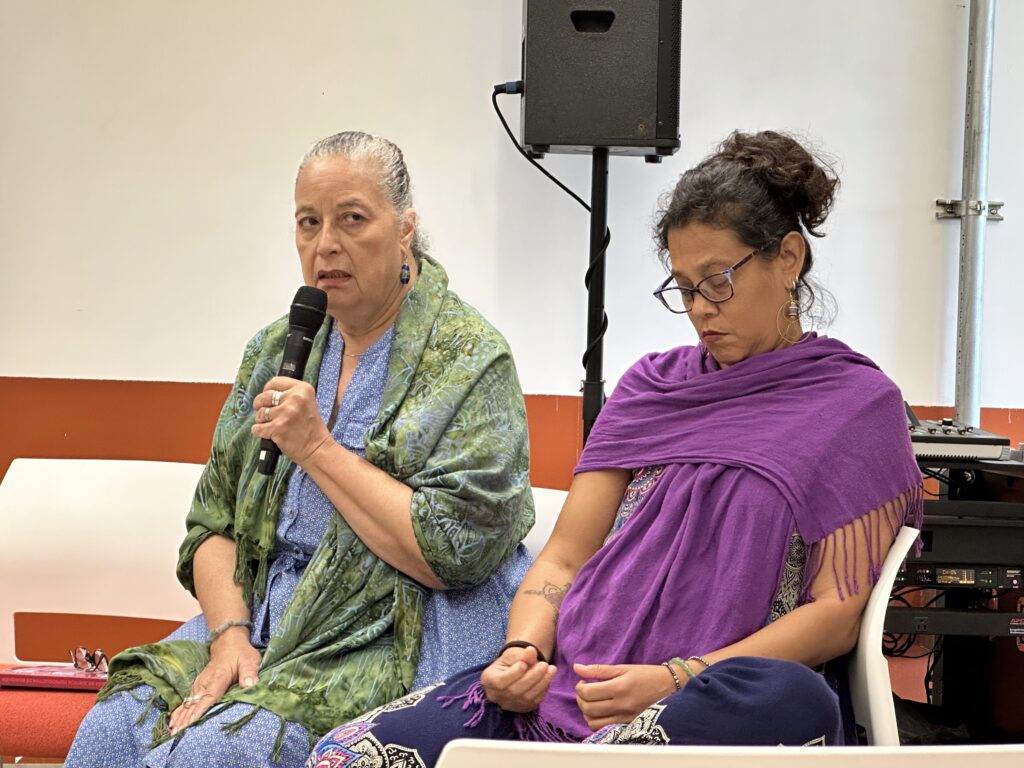
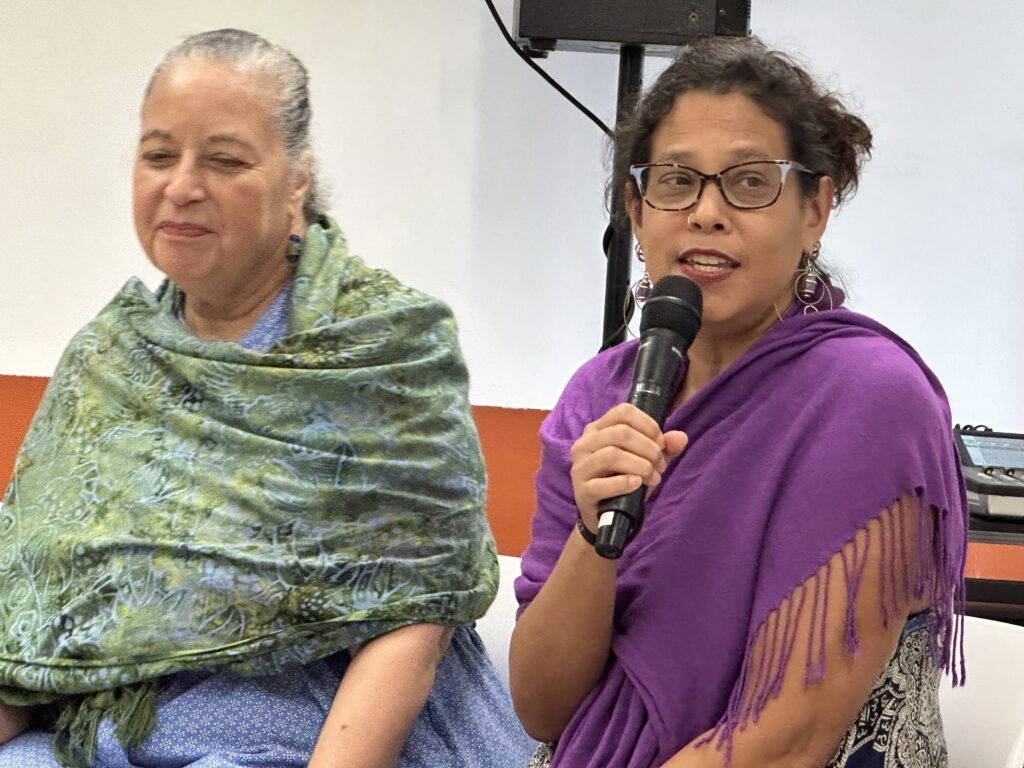
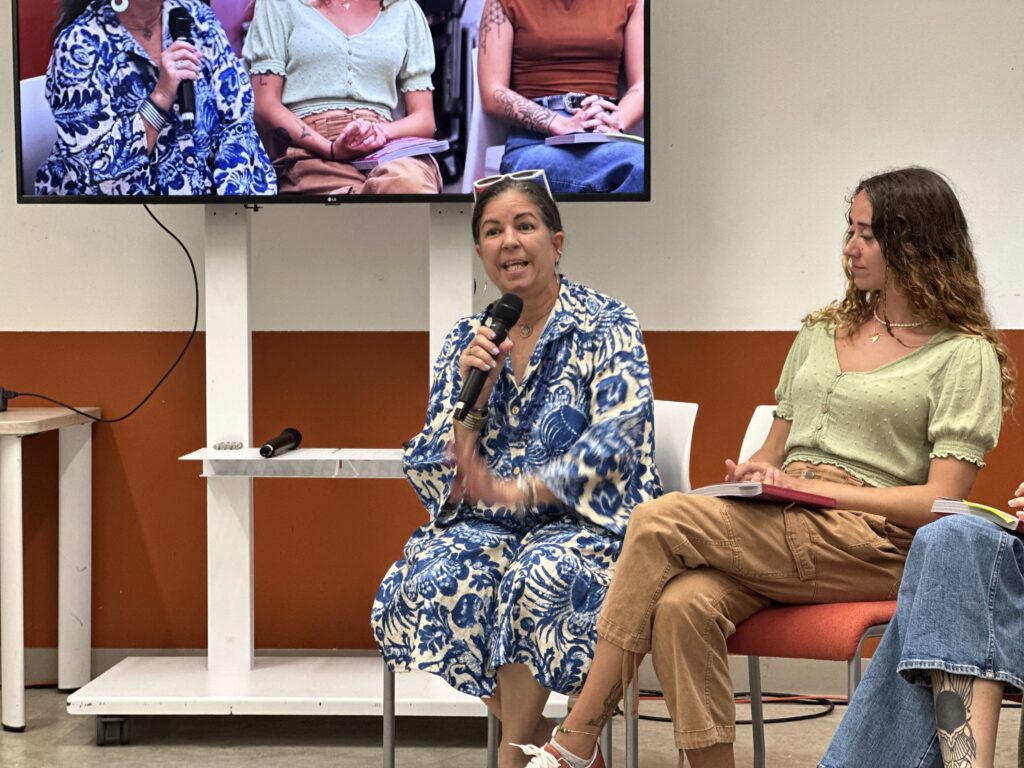
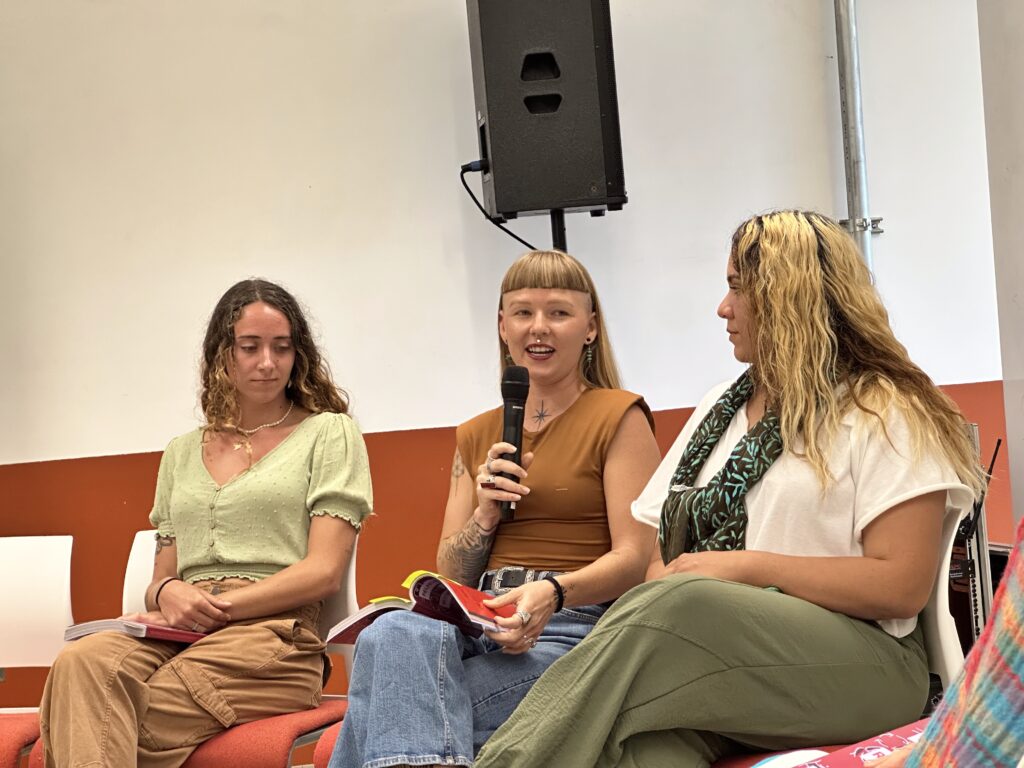
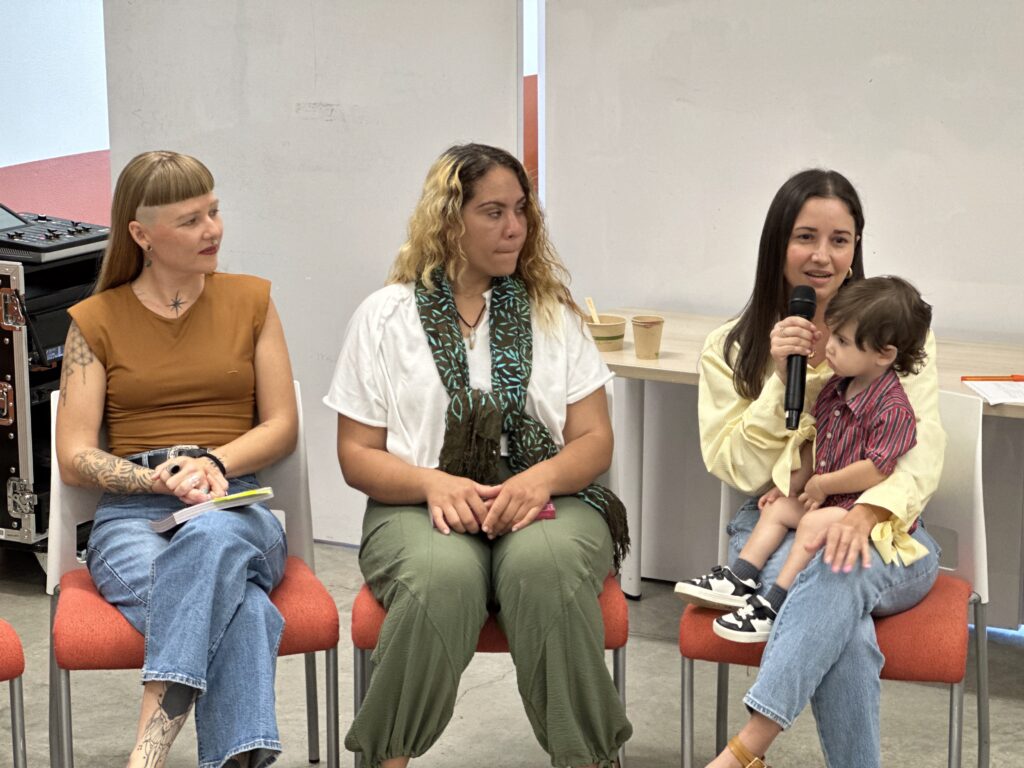
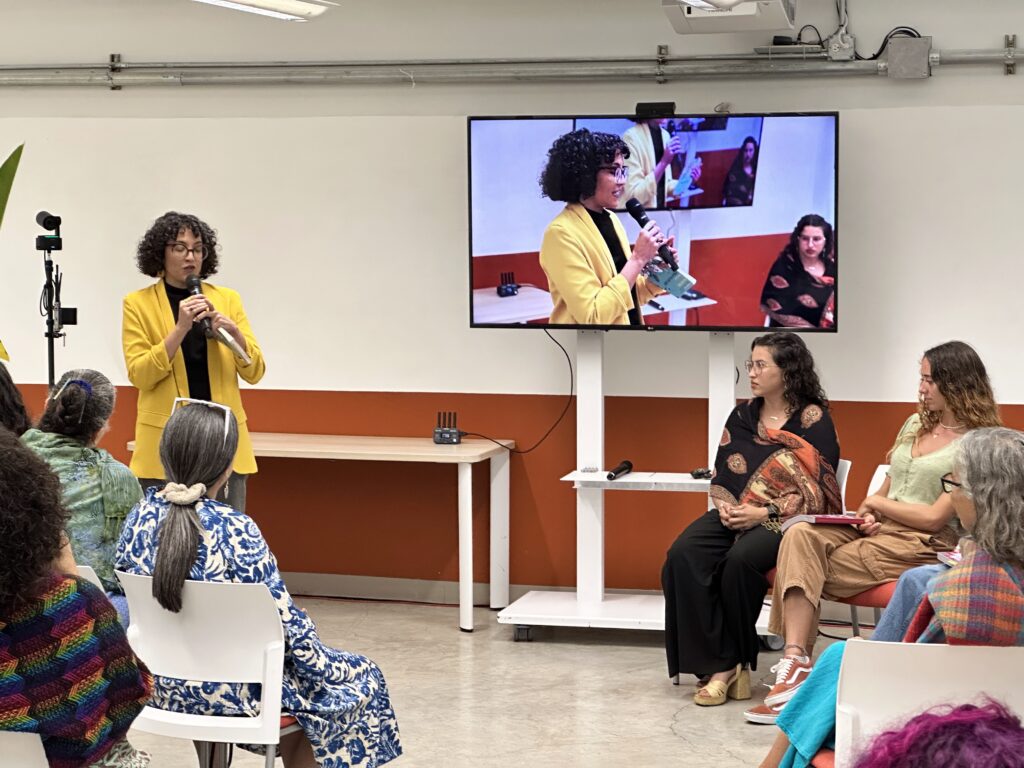
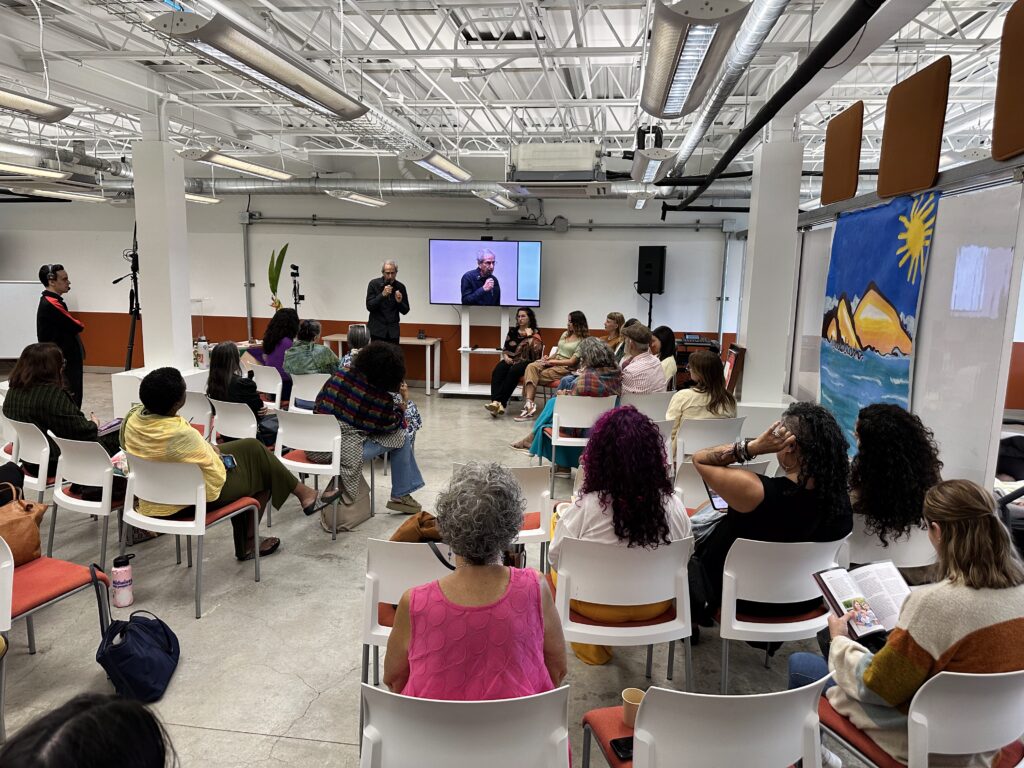
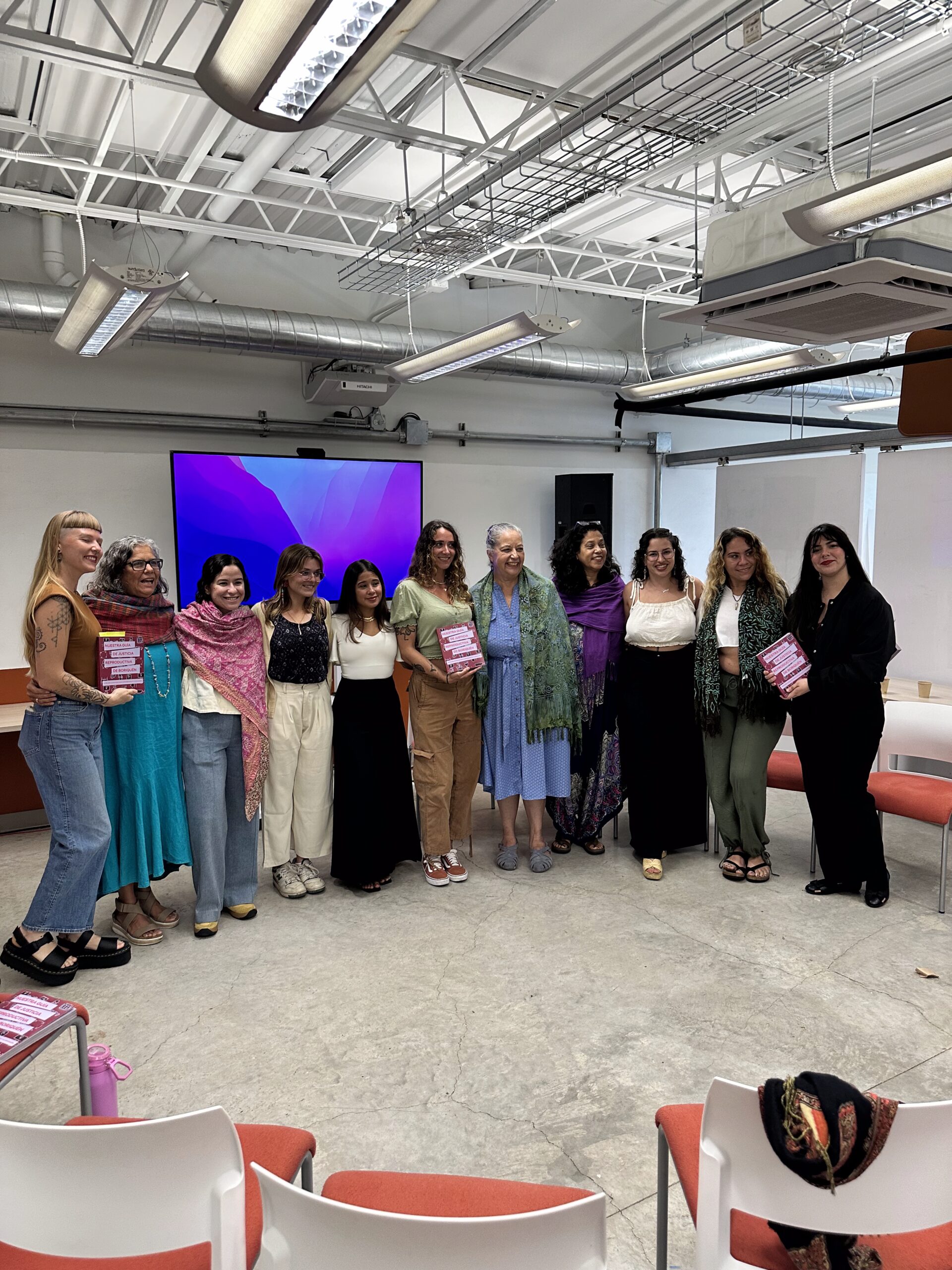
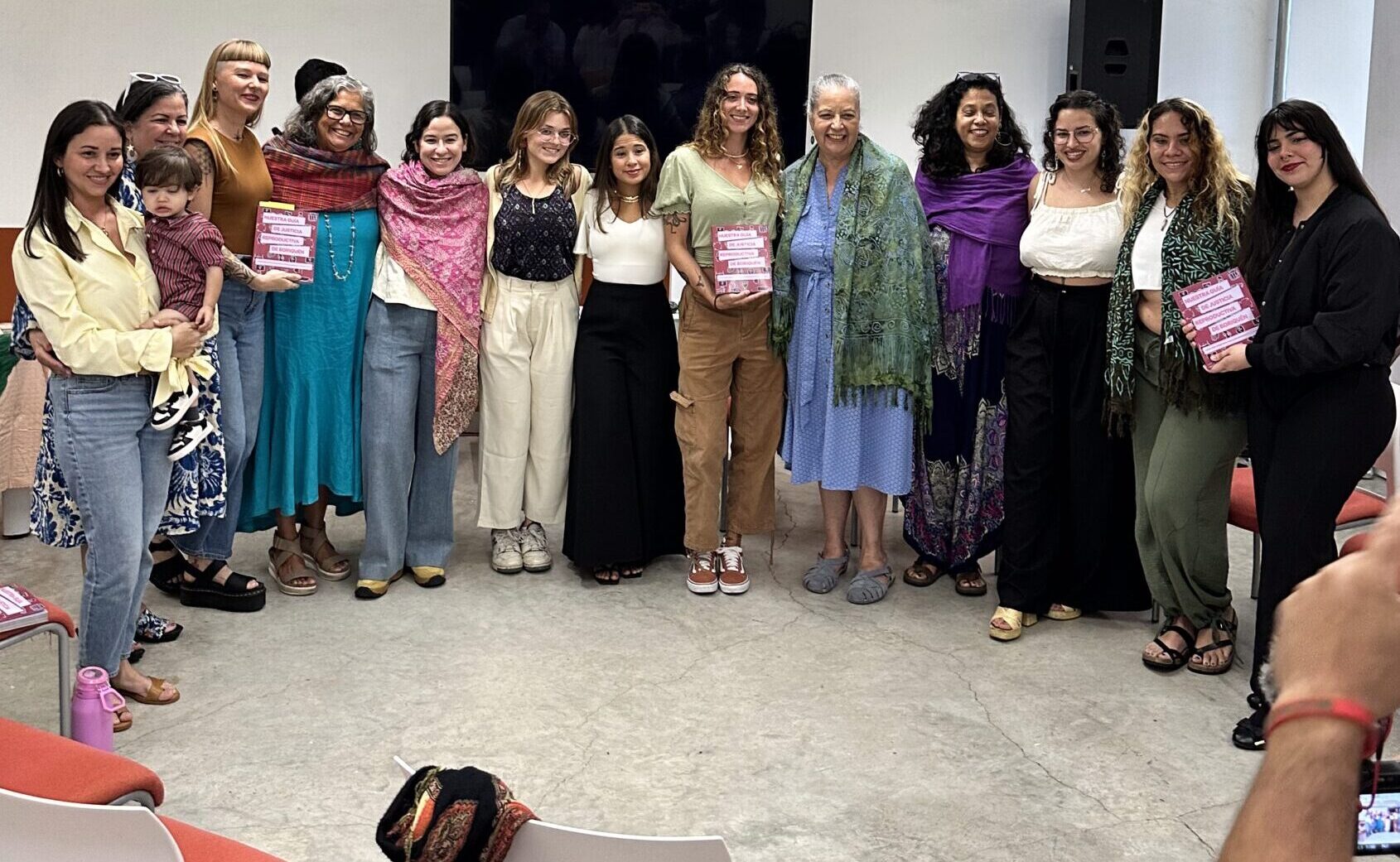
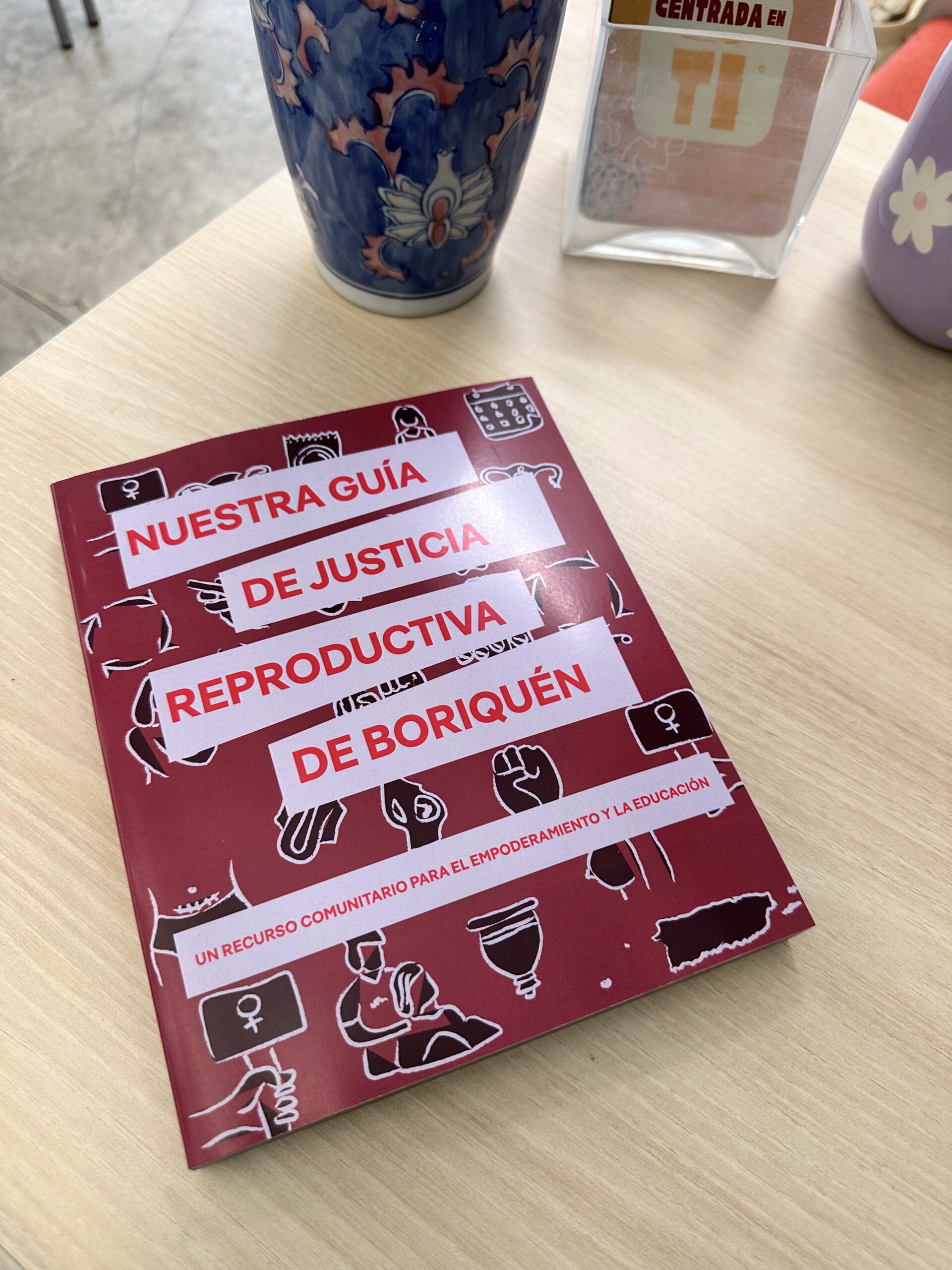
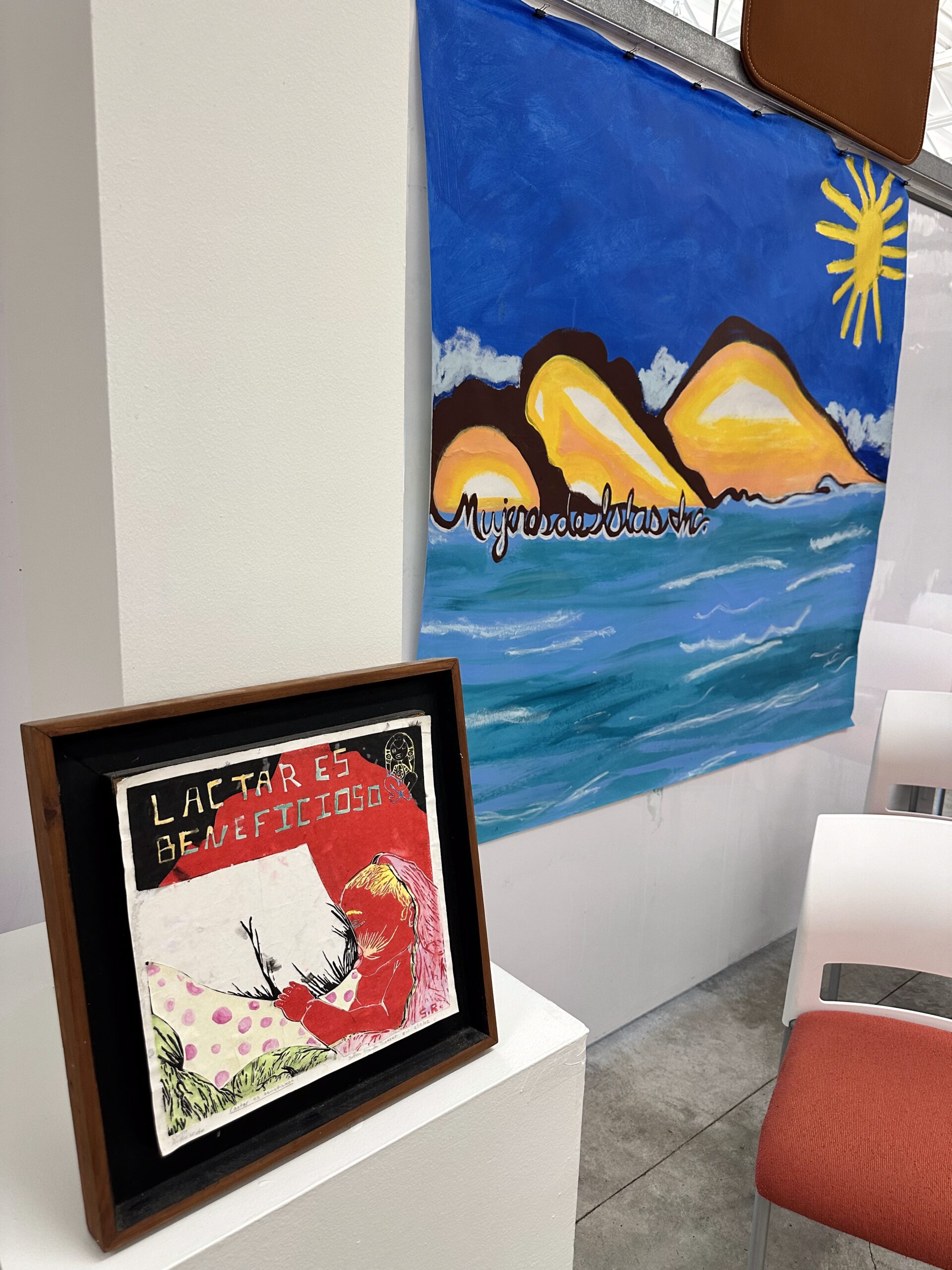
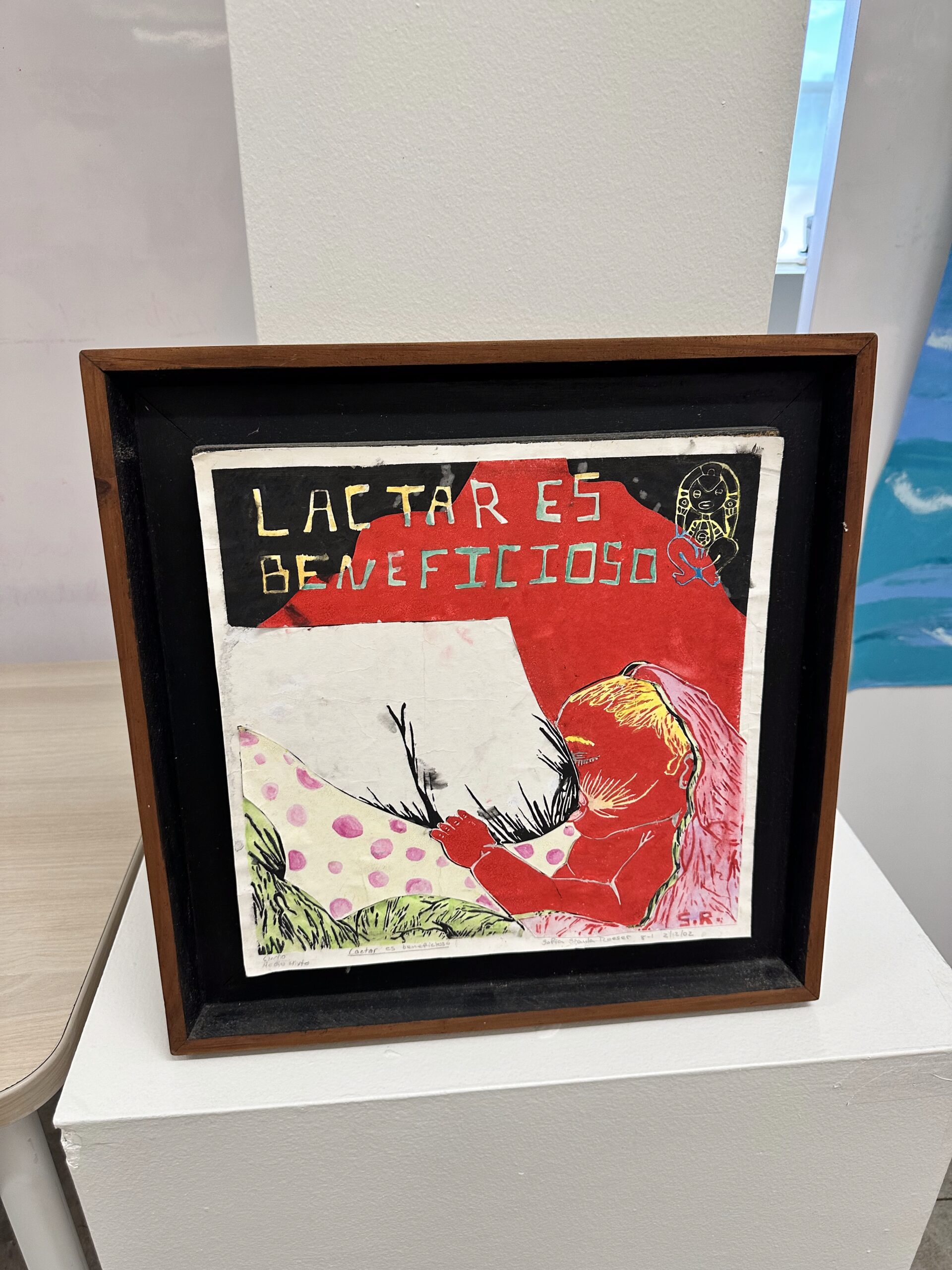
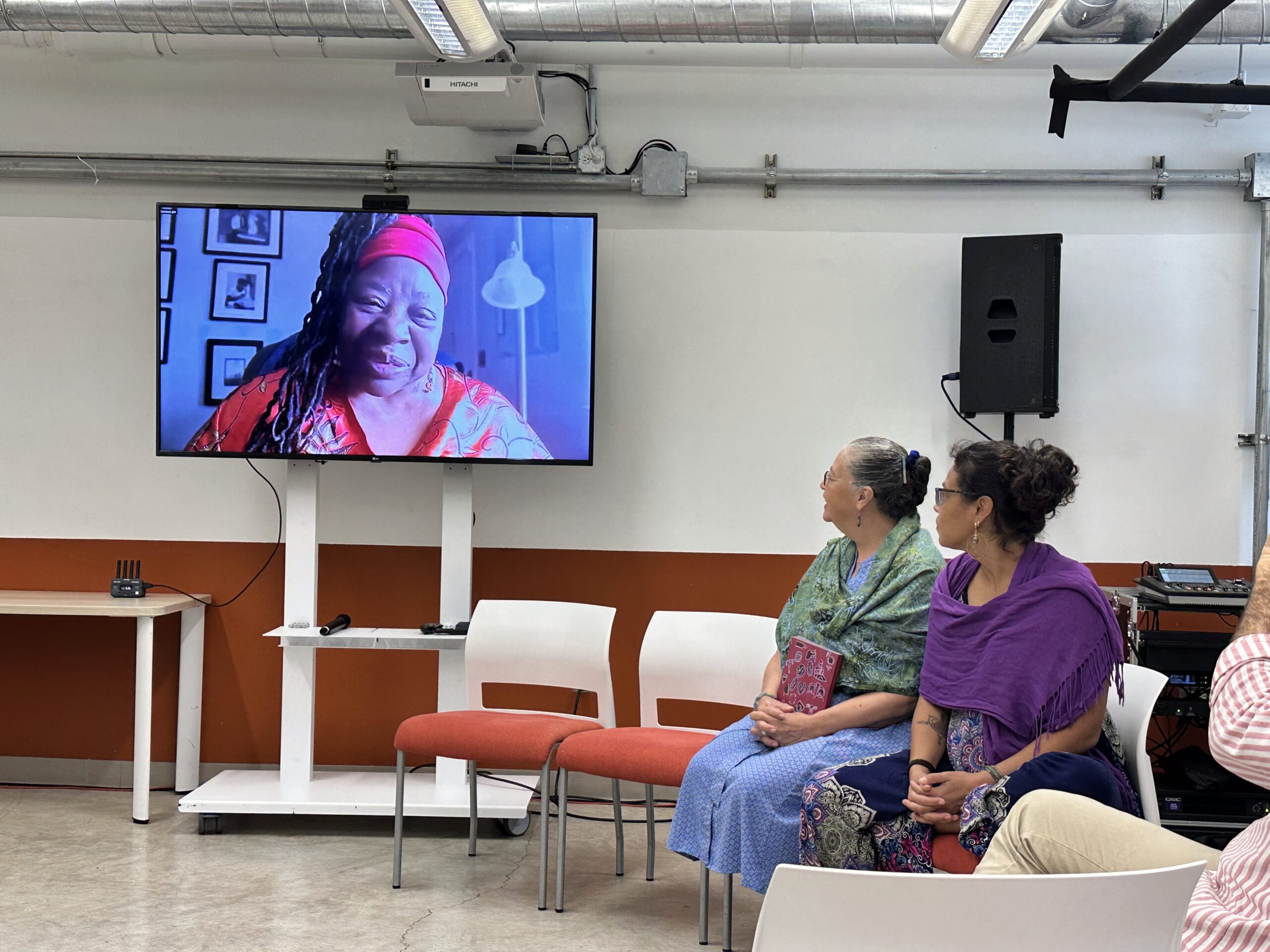
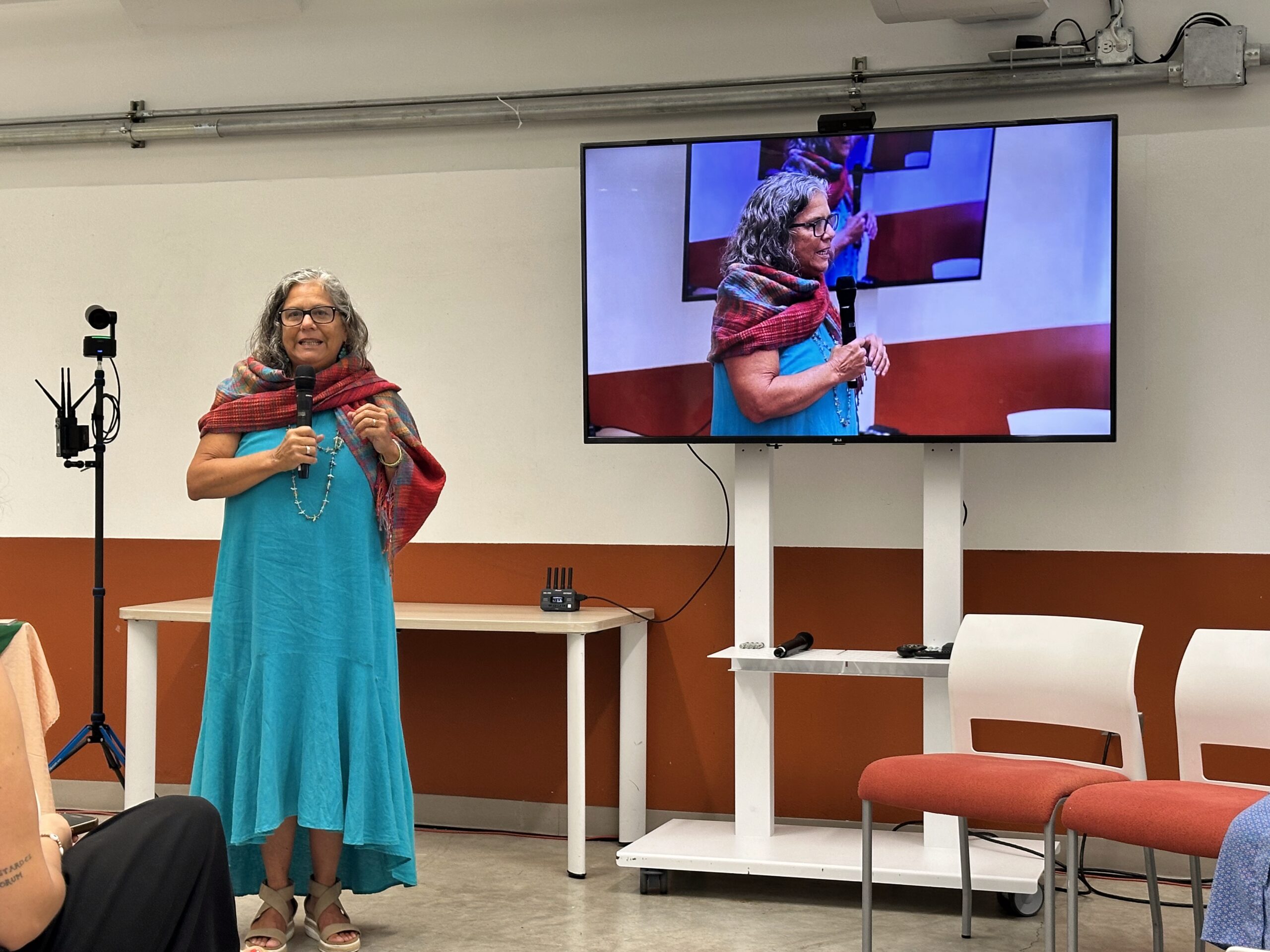
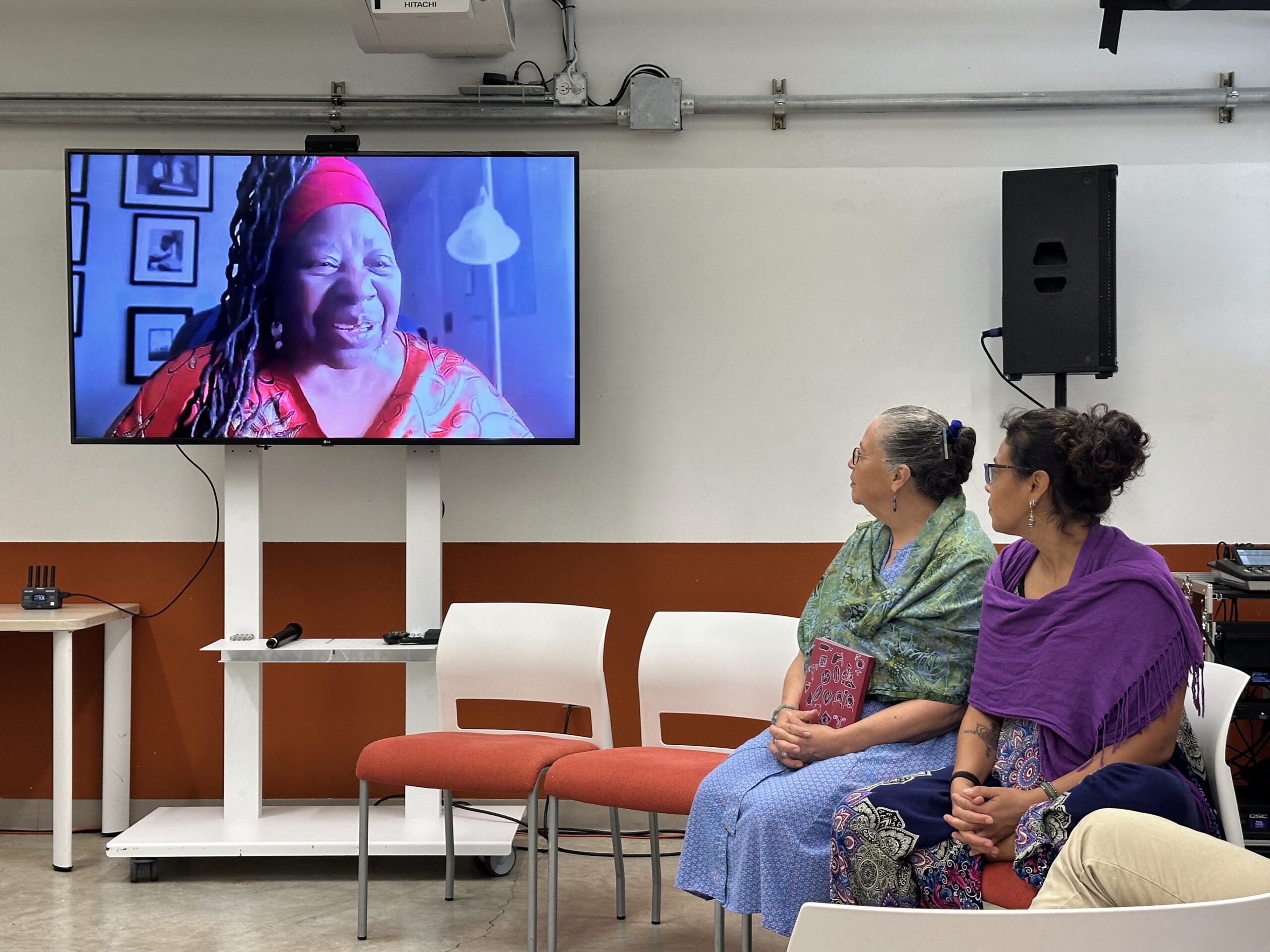
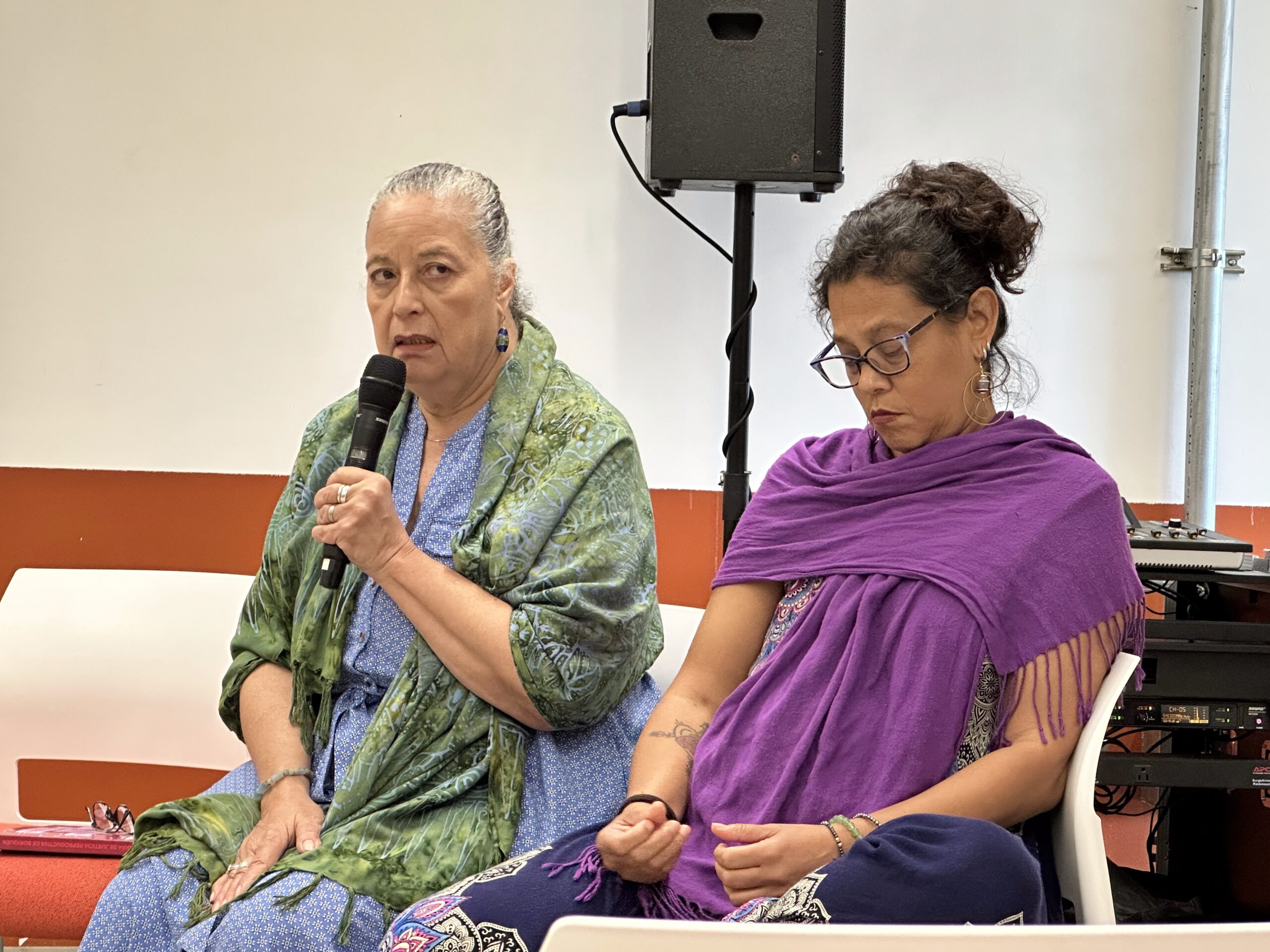
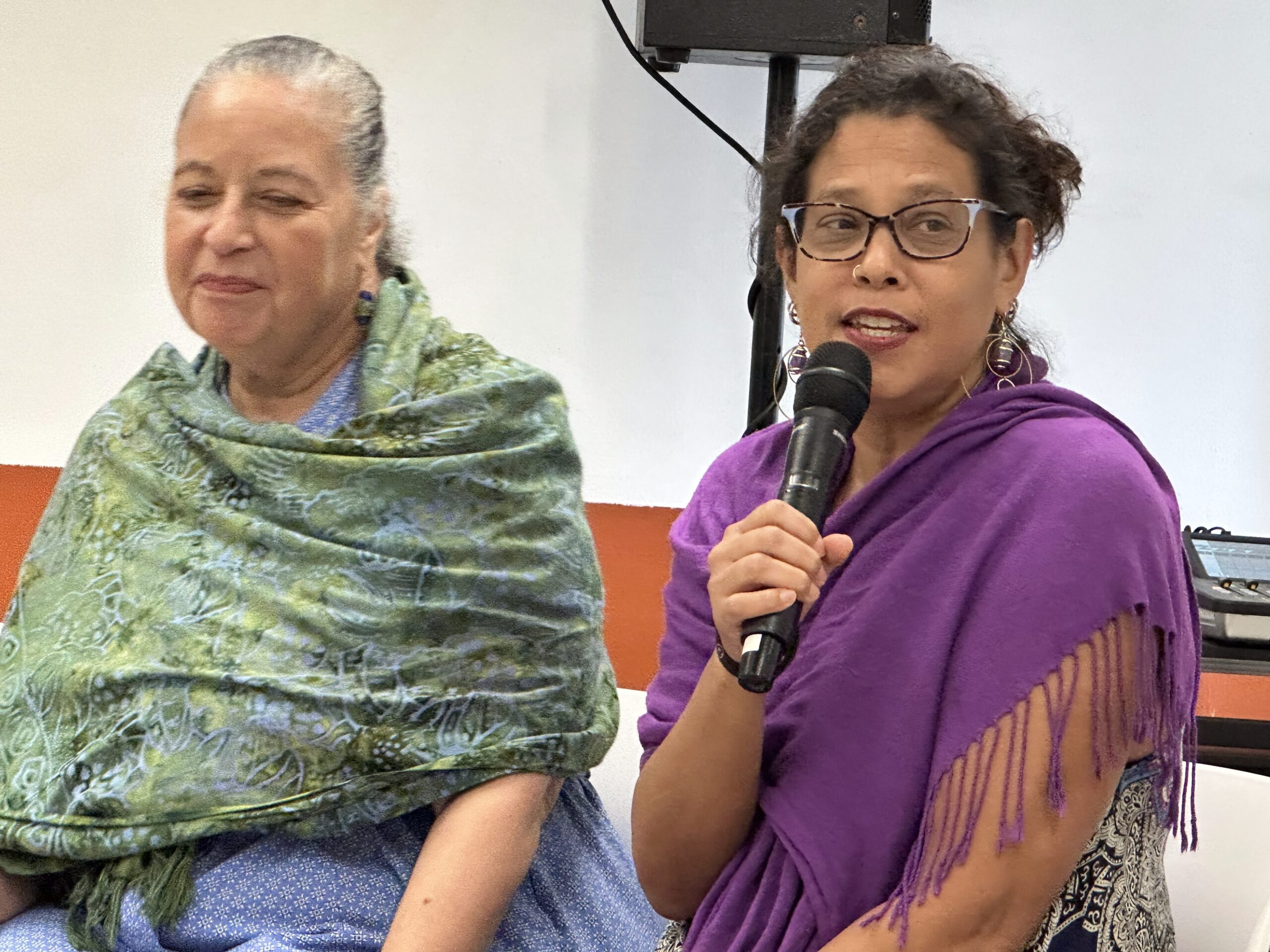
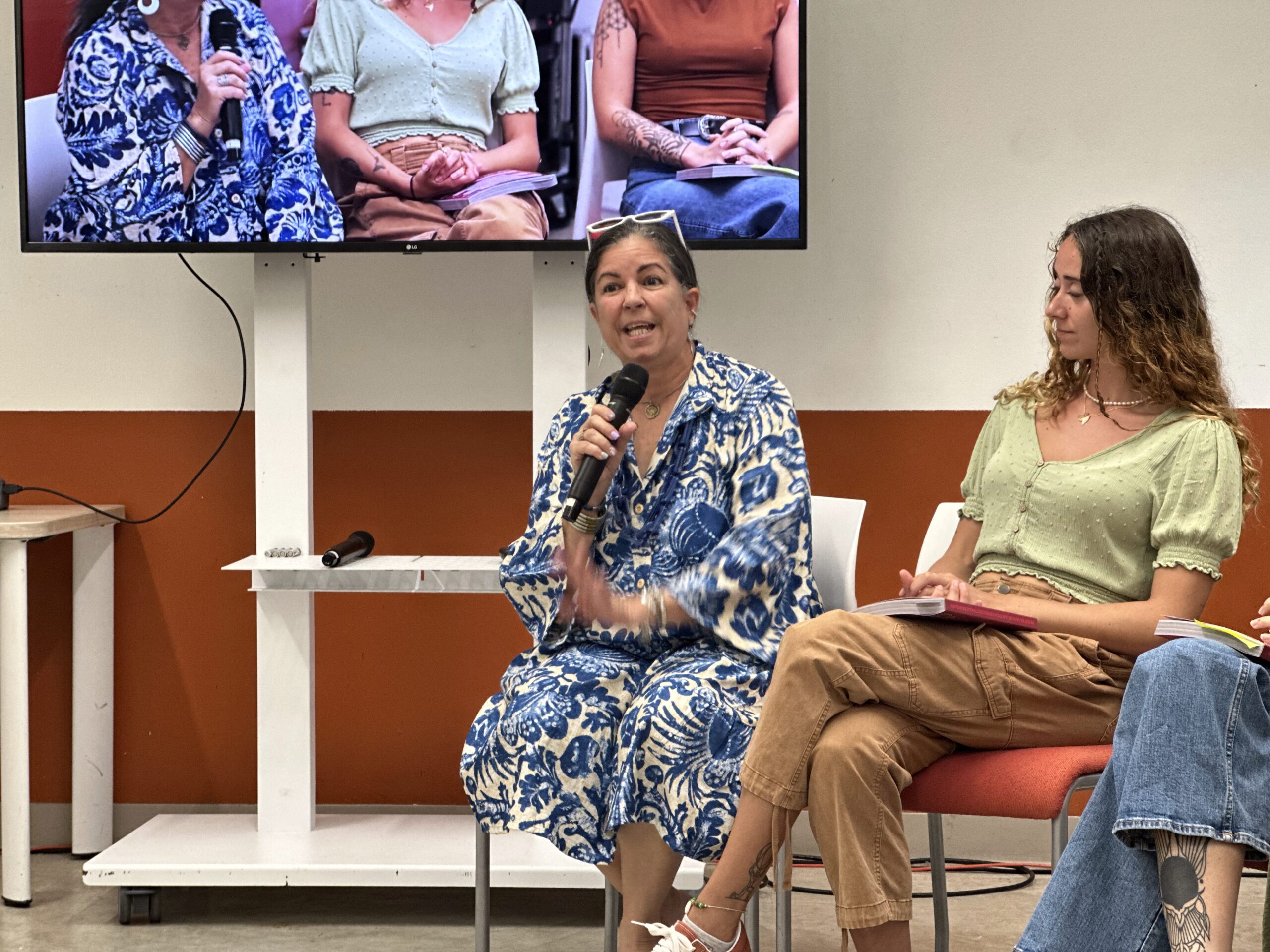
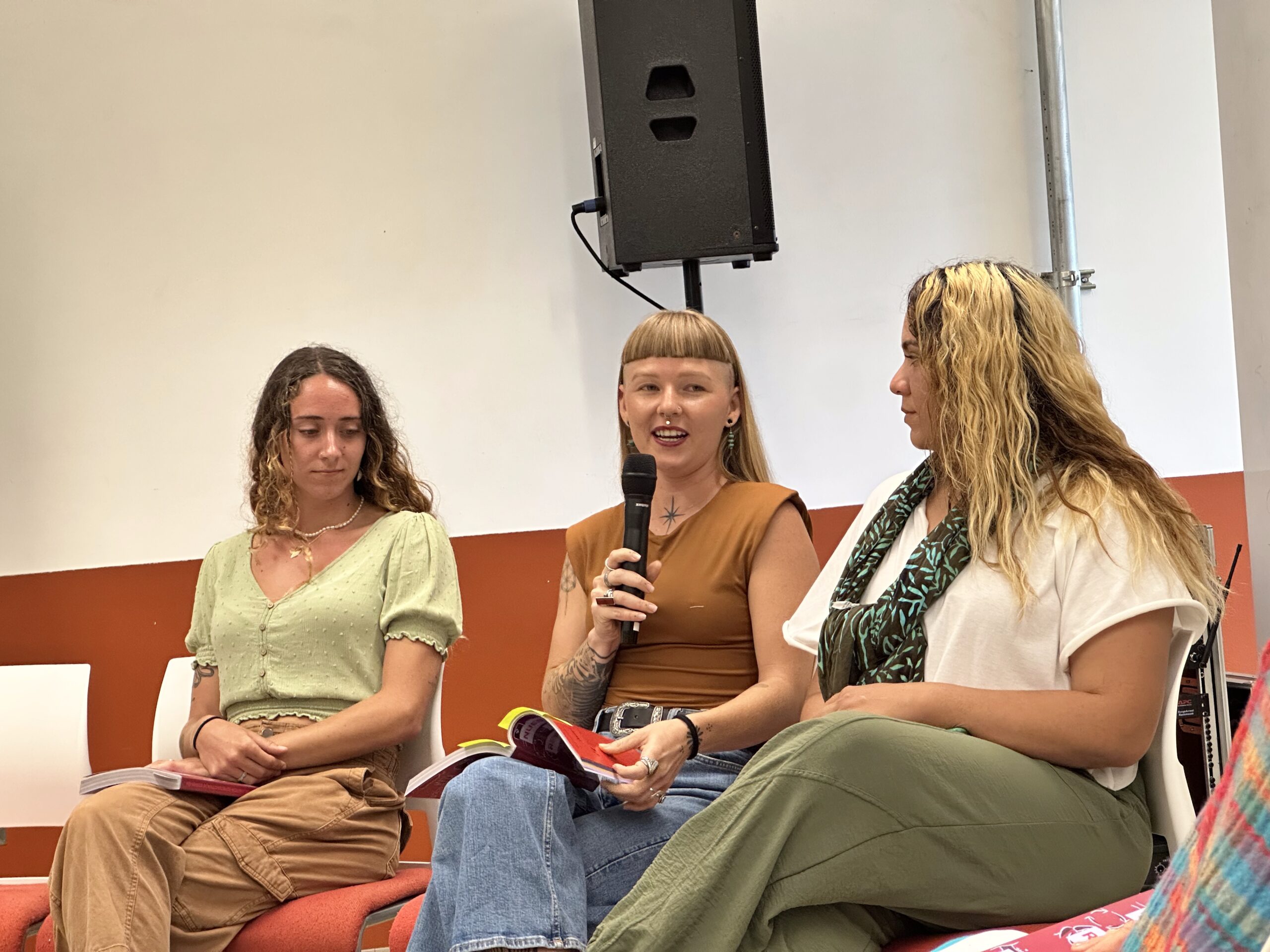
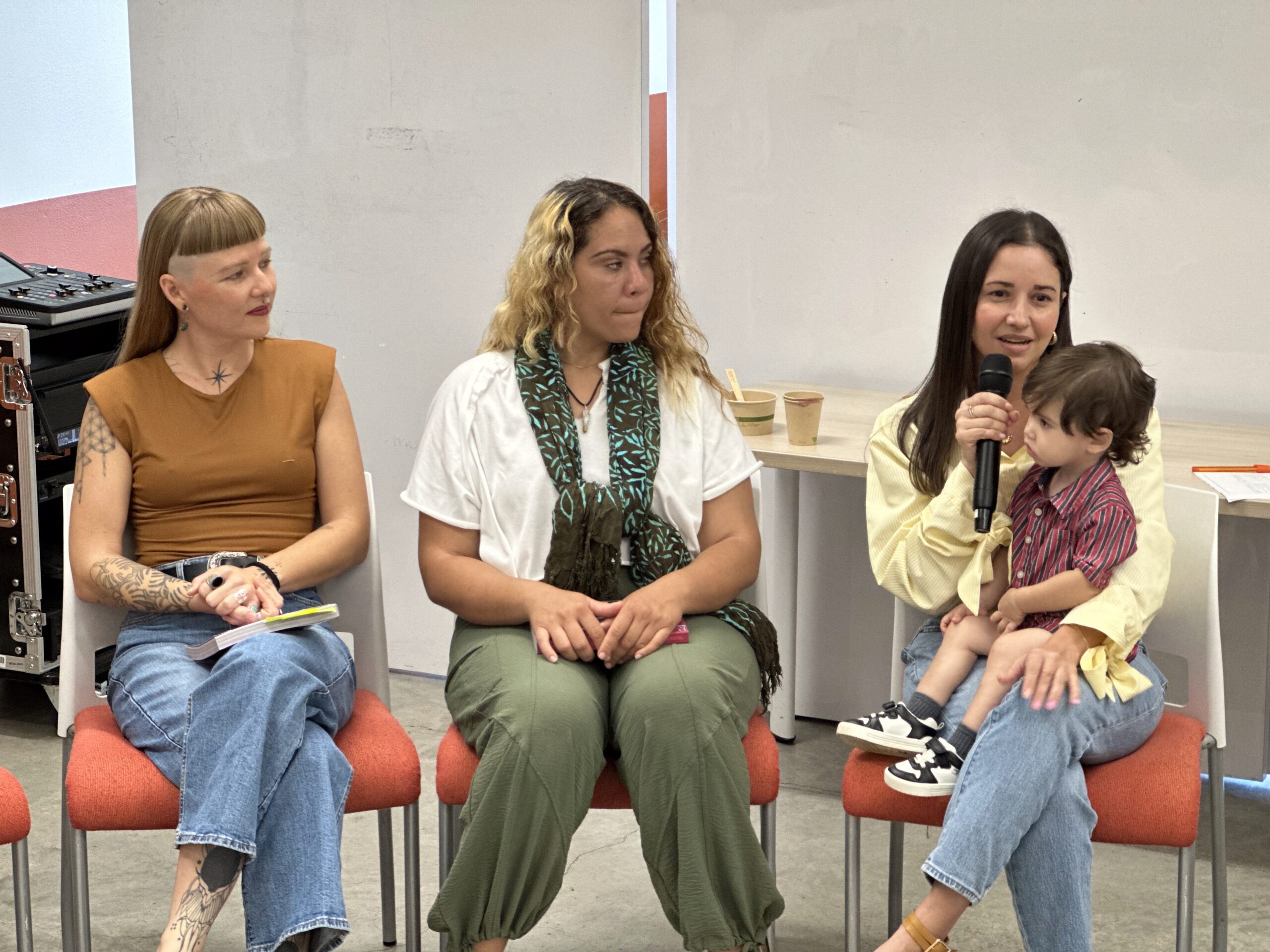
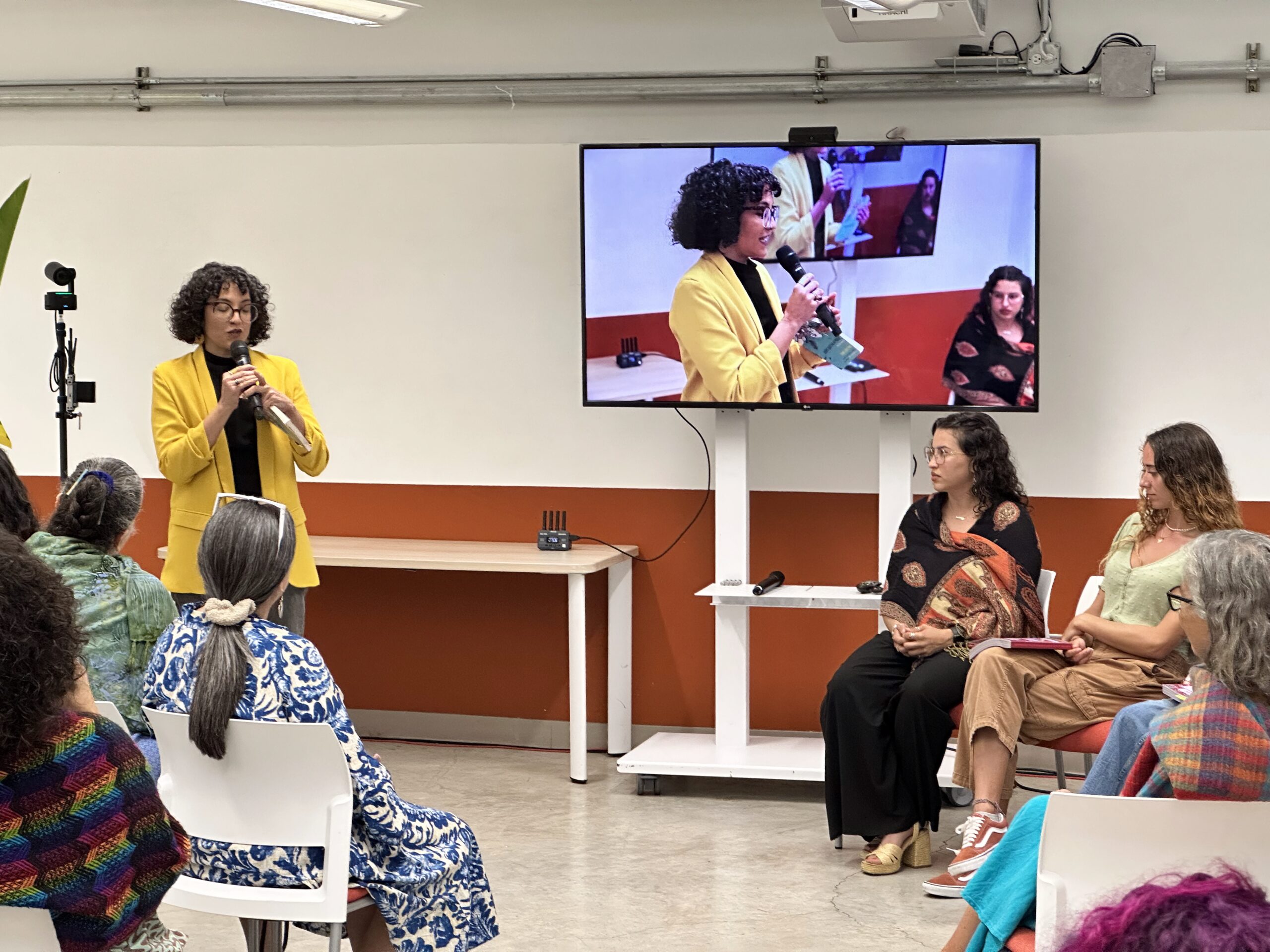
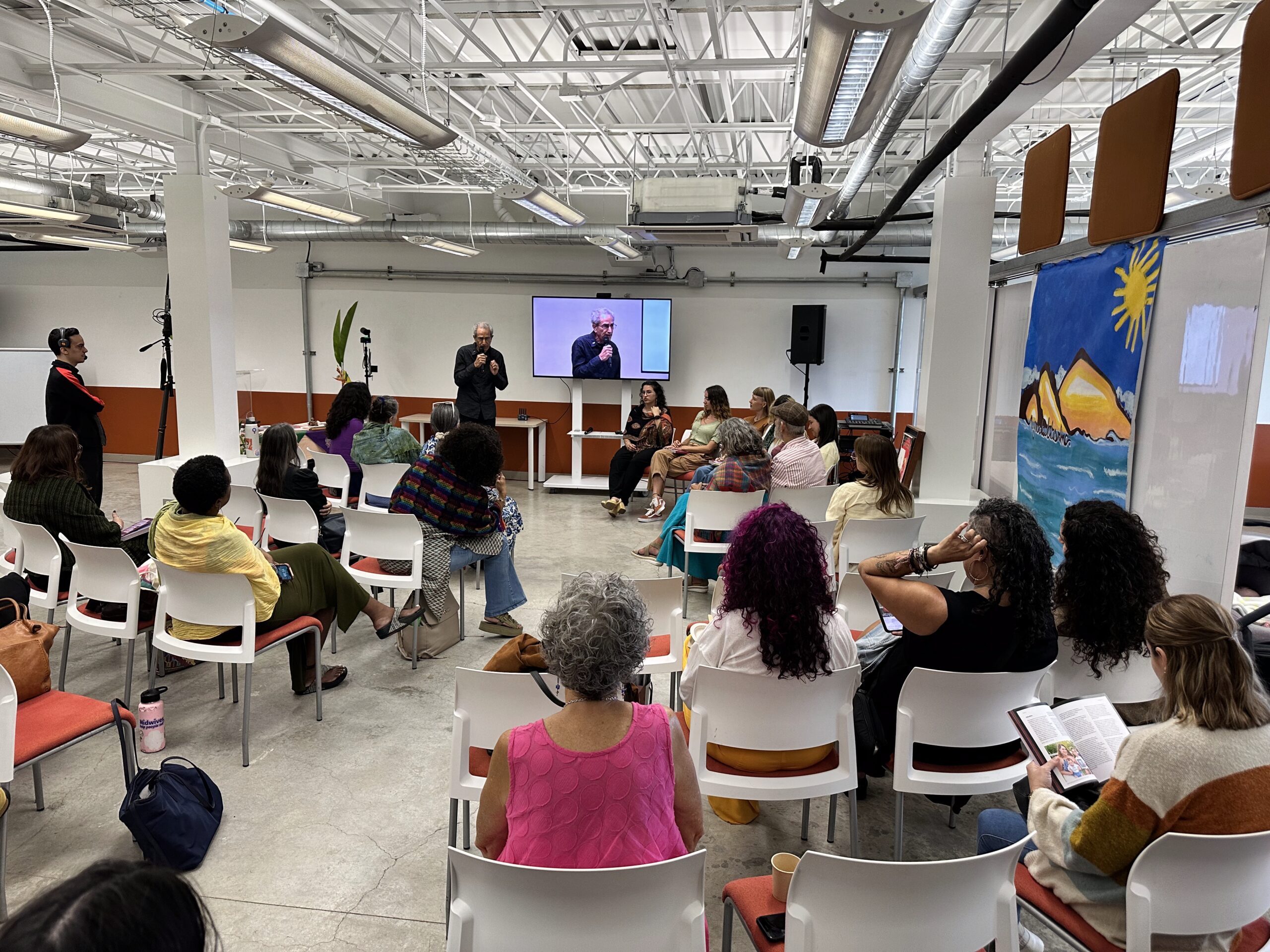
Video of Launch Event:
Nuestra Guía de Justicia Reproductiva de Boriquén
—
The Fundación de Mujeres en Puerto Rico supported Mujeres de Islas in creating Nuestra Guía de Justicia Reproductiva de Boriquén because it recognizes the urgent need to strengthen access to popular education on reproductive health, especially in communities like Culebra, where the lack of hospitals and prenatal services exposes residents to severe inequality. Through our Reproductive Justice Fund, we are committed to replicable initiatives like this one that are born from the community voices and promote structural change towards dignified and accessible reproductive health for all.
